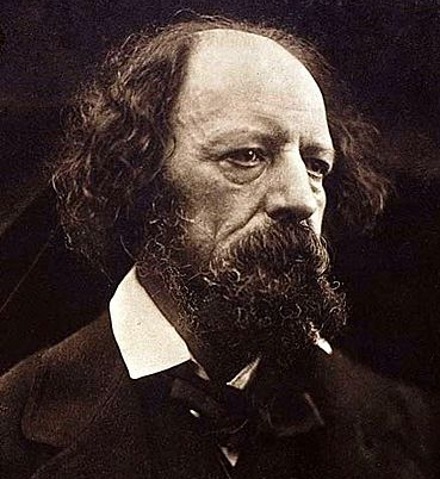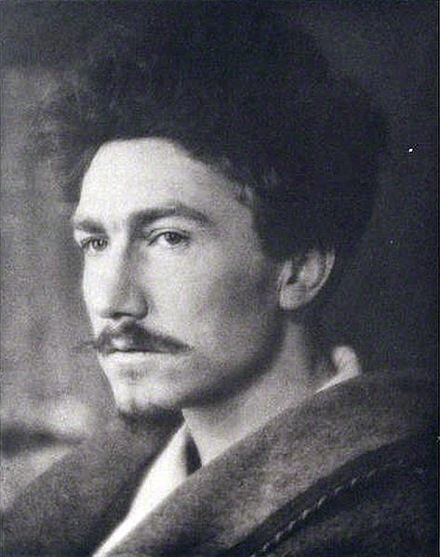Wilfred Owen, selected poems Contents
- Wilfred Owen: Social and political background
- Wilfred Owen: Religious / philosophical context
- Wilfred Owen: Literary context
- Wilfred Owen: 1914
- Wilfred Owen: Anthem for Doomed Youth
- Wilfred Owen: At a Calvary near the Ancre
- Wilfred Owen: Disabled
- Wilfred Owen : Dulce et Decorum Est
- Wilfred Owen: Exposure
- Wilfred Owen: Futility
- Wilfred Owen: Greater Love
- Wilfred Owen: Hospital Barge
- Wilfred Owen: Insensibility
- Wilfred Owen: Inspection
- Wilfred Owen: Le Christianisme
- Wilfred Owen: Mental Cases
- Wilfred Owen: Miners
- Wilfred Owen: S.I.W
- Wilfred Owen: Soldier’s Dream
- Wilfred Owen: Sonnet On Seeing a Piece of Our Heavy Artillery Brought into Action
- Wilfred Owen: Spring Offensive
- Wilfred Owen: Strange Meeting
- Wilfred Owen: The Dead-Beat
- Wilfred Owen: The Last Laugh
- Wilfred Owen: The Letter
- Wilfred Owen: The Parable of the Old Man and the Young
- Wilfred Owen: The Send-Off
- Wilfred Owen: The Sentry
- Wilfred Owen: Wild with All Regrets
The influence of the current literary scene
Contemporary influences
Owen was a writer of his time, an era in which new literary forms were being developed as England emerged from the dominant narrative realism of the Victorian era. Of particular significance was the twentieth century poetry of the Georgian Poets, the Imagists and the Decadent Poets
The Georgian Poets
 The Georgians were a group of English poets writing at the start of the twentieth century. They took their name from the King, George V (1910-36). They were influenced by Victorian poets such as Tennyson, whose poems often carried a moral message. Owen had been influenced by Tennyson to a certain extent. He took the title Wild with All Regrets (Text in detail > Wilfred Owen > Wild with All Regrets) from Tennyson’s poem The Princess.
The Georgians were a group of English poets writing at the start of the twentieth century. They took their name from the King, George V (1910-36). They were influenced by Victorian poets such as Tennyson, whose poems often carried a moral message. Owen had been influenced by Tennyson to a certain extent. He took the title Wild with All Regrets (Text in detail > Wilfred Owen > Wild with All Regrets) from Tennyson’s poem The Princess.
Style
The style of writing of the Georgian poets was sentimental and conservative. The poems were written is a simple style so that everyone could read them. Yet these poems used what some considered a sort of dishonest ‘poetic’ diction. Some critics have described them as ‘pompous poems’.
Themes
The Georgian poets wrote patriotic poems about the nationalistic issues which were popular before the First World War and in a way helped forge a public mood which made the war seem inevitable. They dealt with traditional ‘safe’ subjects.
Settings
The countryside was a popular setting for many of the Georgian poets, who echoed the Romantic idea of nature and man’s place within it.
Rupert Brooke
Rupert Brooke is the best known Georgian poet, and his poetry from the early months of the war would have been known to Owen. It is very different in style and content to subsequent war poetry. The Soldier is still his best known poem, which celebrates Englishness and sacrifice in a very different way to that of Owen’s poetry.
More on The Soldier, by Rupert Brooke
The Decadents
The English Decadents
In England the Decadent movement was associated with writers and artists such as Oscar Wilde and Aubrey Beardsley. Sometimes known as the ‘philosophers of pleasure’, their poetry was exotic and sensual. Owen’s war poem Greater Love has some of the elements of a decadent poem (Text in detail > Wilfred Owen > Greater Love). His graphic description of wounds in Disabled (Text in detail > Wilfred Owen > Disabled ) owes much to the style of the Decadent poets.
Influence of Laurent Tailhale
When he was working in France before the war, where the Decadent movement was flourishing, Owen met the Decadent poet Laurent Tailhale. He was impressed by the style of his writing, which was very different to the traditional, safe style of the Georgians. Tailhade was a pacifist when Owen first met. It was when Tailhade decided to fight for France that Owen wrote home to say that he too might enlist.
The Imagists
Unlike the Georgian and Decadent poets, the Imagists were determined that their poetry should describe things as they really were. Officially launched as a poetic movement in 1912, they reacted against the idealised concepts of the Georgian poets and ornate allusions of the Decadents, aiming for absolute clarity in the minimum of words and frequently employing metaphors (images) to communicate concisely.
 Led by the American Ezra Pound, the Imagists experimented with the use of common words, common speech and new rhymes and rhythms which created different moods. They insisted on originality. Although, unlike Owen, they largely worked with free-form verse, their modern approach to poetry influenced his work. The movement itself had run its course by 1917.
Led by the American Ezra Pound, the Imagists experimented with the use of common words, common speech and new rhymes and rhythms which created different moods. They insisted on originality. Although, unlike Owen, they largely worked with free-form verse, their modern approach to poetry influenced his work. The movement itself had run its course by 1917.
Owen’s influence on Modern poetry
Owen’s innovative poetry was instrumental in establishing and inspiring subsequent Modern poetry. Like the conflict in his life between biblical Christianity and the battlefield, Owen’s war poetry maintained a tension between art and horror. He helped establish the modern reader’s expectation that serious poetry should be challenging, questioning, often uncomfortable and rarely celebratory.
